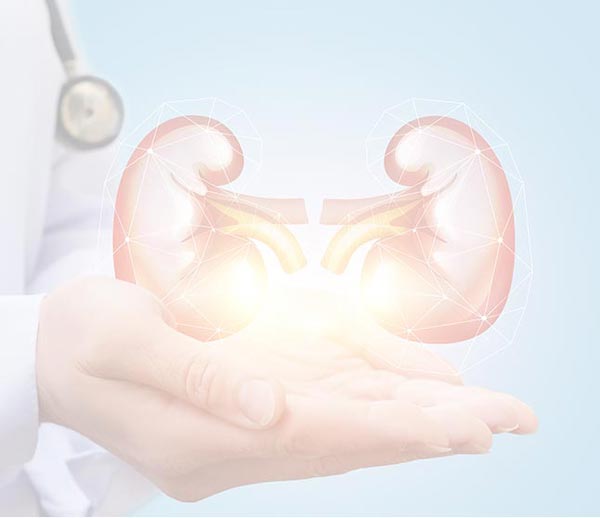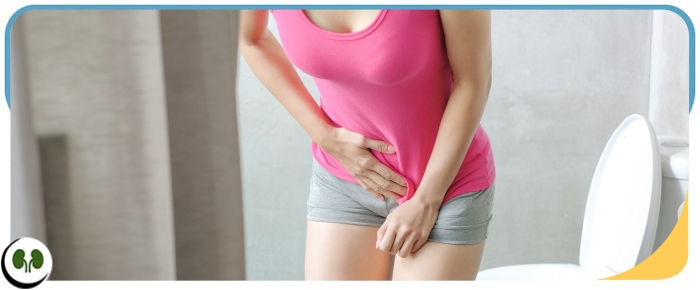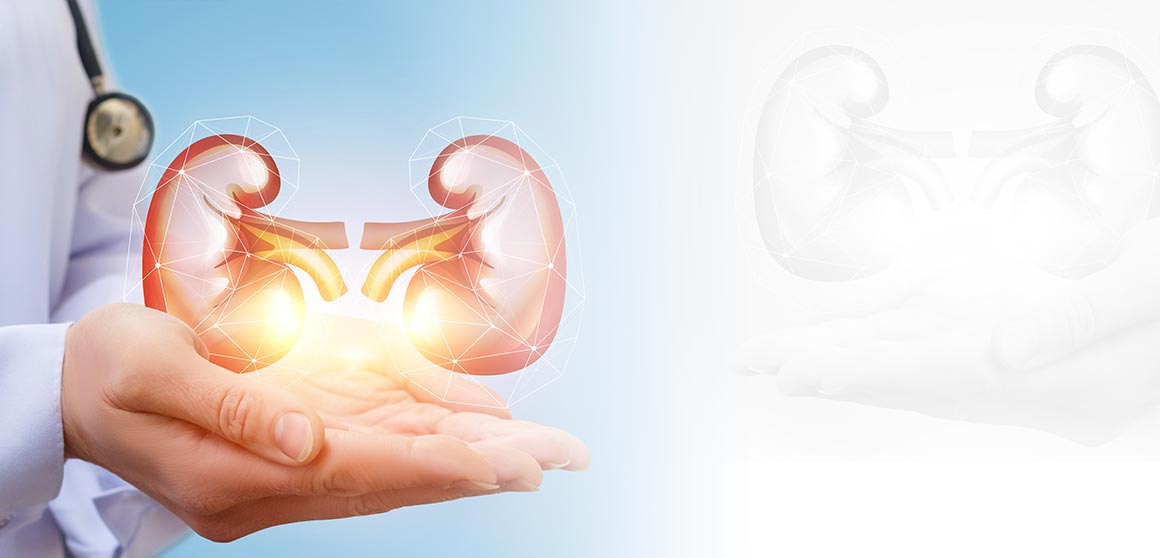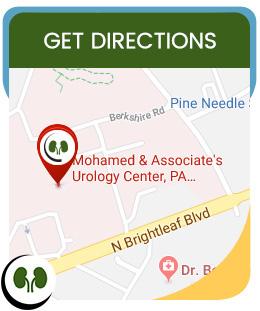Home » Smithfield NC UTI Incontinence Treatment
You cannot copy content of this website, your IP is being recorded
UTI Incontinence Treatment Specialist in Smithfield, NC
To stop urinary incontinence caused by a UTI, treating the underlying infection is essential. The specialists at Mohamed & Associates Urology Center conduct comprehensive diagnoses involving reviews of medical history and symptoms to determine the type of urinary incontinence and its cause. Come to Dr. Adel W. Mohamed for a consultation. For more information, contact us. We are conveniently located at 507 N Brightleaf Blvd #205, Smithfield, NC 27577.

Additional Services You May Need











